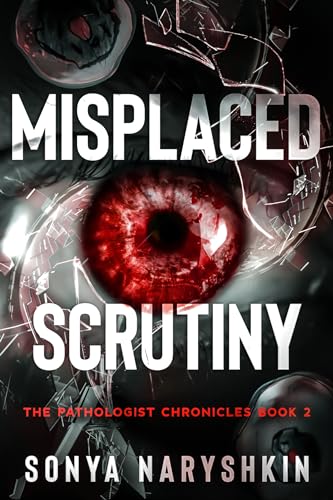Renowned Hopkins expert Joseph J. Feeney, SJ, offers a fresh take on Gerard Manley Hopkins which shakes our understanding of his poetry and his life and points towards the next phase in Hopkins studies.
While affirming the received view of Hopkins as a major poet of nature, religion, and psychology, Feeney finds a pervasive, rarely noticed playfulness by employing both the theory of play and close reading of his texts. This new Hopkins lived a playful life from childhood till death as a student who loved puns and jokes and wrote parodies, comic verse, and satires; as a Jesuit who played and organized games and had "a gift for mimicry;" and most significantly, as a poet and prose stylist who rewards readers with unexpected displays of whimsy and incongruity, even, strikingly, in "The Wreck of the Deutschland," "The Windhover," and the "Terrible Sonnets." Feeney convincingly argues that Hopkins's distinctive playfulness is inextricably bound to his sense of fun, his creativity, his style, and his competitiveness with other poets. In unexpected images, quirky metaphors, strange perspectives, puns, coinages, twisted syntax, wordmusic, and sprung rhythm, we see his playful streak burst forth to adorn those works critics consider his most brilliant. No one who absorbs this book's radical readings will ever see and hear Hopkins's poetry and prose quite the way they used to.


